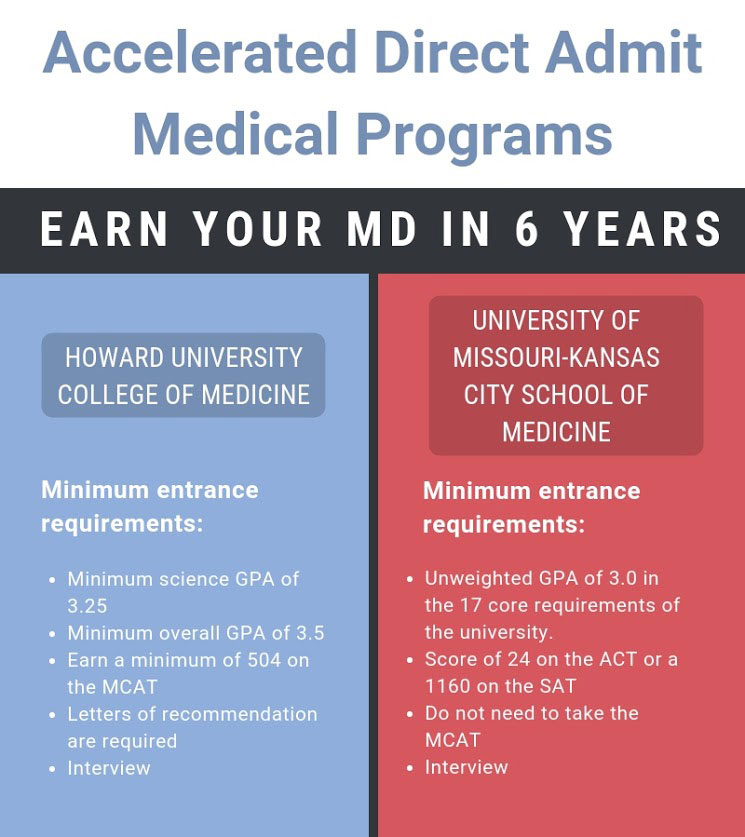Are you considering pursuing a career in medicine? If so, you’re probably wondering what the best medical schools are and how to get admitted to them. In this comprehensive guide, we’ll cover everything you need to know about medical schools and international medical education, including the admission process.
What Are Medical Schools?

Medical schools are institutions that provide education and training for aspiring physicians and other healthcare professionals. These schools offer a wide range of programs, from undergraduate degrees in health sciences to graduate degrees in medicine, dentistry, nursing, and more. Some medical schools specialize in certain areas of medicine, such as research or primary care.
How Do I Choose a Medical School?
Choosing a medical school can be overwhelming, especially with so many options available. Here are some factors to consider when selecting a medical school:
- Reputation: Look for schools with a strong reputation for academic excellence, research, and clinical practice.
- Location: Consider the school’s location and whether it will be a good fit for your lifestyle and needs.
- Curriculum: Review the school’s curriculum to ensure it aligns with your career goals and interests.
- Cost: Determine the cost of attending the school, including tuition, fees, and living expenses.
- Admissions Requirements: Evaluate the school’s admissions requirements and whether you meet the criteria.
What Is International Medical Education?

International medical education refers to studying medicine outside of your home country. This may include pursuing a degree at an international medical school or participating in a global health program. International medical education provides students with exposure to diverse healthcare systems and cultures, which can broaden their perspectives and enhance their skills.
How Do I Prepare for Admission to Medical School?

The admission process for medical school can be highly competitive, so it’s important to prepare early and thoroughly. Here are some tips for getting ready:
- Choose a pre-med major: Select a major that aligns with the prerequisites for medical school, such as biology or chemistry.
- Maintain a high GPA: Aim for a strong grade point average throughout your undergraduate studies.
- Gain experience: Volunteer or work in healthcare settings to gain hands-on experience and demonstrate your commitment to the field.
- Study for the MCAT: Prepare for the Medical College Admission Test (MCAT) by taking practice exams and reviewing content areas.
- Secure letters of recommendation: Request letters of recommendation from professors, healthcare professionals, and other mentors.
What Is the Admission Process Like for Medical School?
The admission process for medical school typically includes multiple steps, including:
- Submitting an application: Complete an application through the American Medical College Application Service (AMCAS) or another system.
- Taking the MCAT: Register for and take the MCAT exam.
- Interviewing: Attend interviews with medical school admissions committees.
- Accepting an offer: Receive and accept an offer of admission from a medical school.
FAQs
Q: How long does it take to complete medical school?
A: Medical school typically takes four years to complete, followed by a residency program that can last three to seven years.
Q: Can I study medicine overseas?
A: Yes, many countries have medical schools that welcome international students. However, you may need to meet additional requirements, such as speaking the local language or passing a licensing exam.
Q: Do I need to take the MCAT to apply to medical school?
A: Yes, most medical schools require applicants to take the MCAT as part of the admission process.
Q: Can I get financial aid for medical school?
A: Yes, there are several types of financial aid available for medical students, including scholarships, grants, loans, and work-study programs.
Q: What is the average salary for a physician?
A: The average salary for a physician in the United States is around $200,000 per year.
Conclusion
Choosing a medical school and navigating the admission process can be challenging, but with careful preparation and research, you can increase your chances of success. Whether you’re interested in domestic or international medical education, there are many resources available to help you achieve your goals and become a healthcare professional who makes a meaningful impact on the world.



